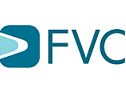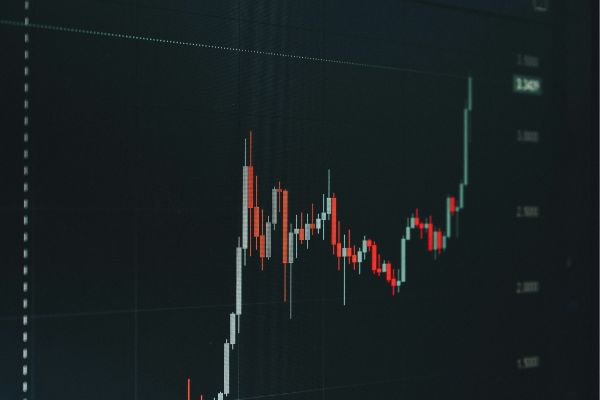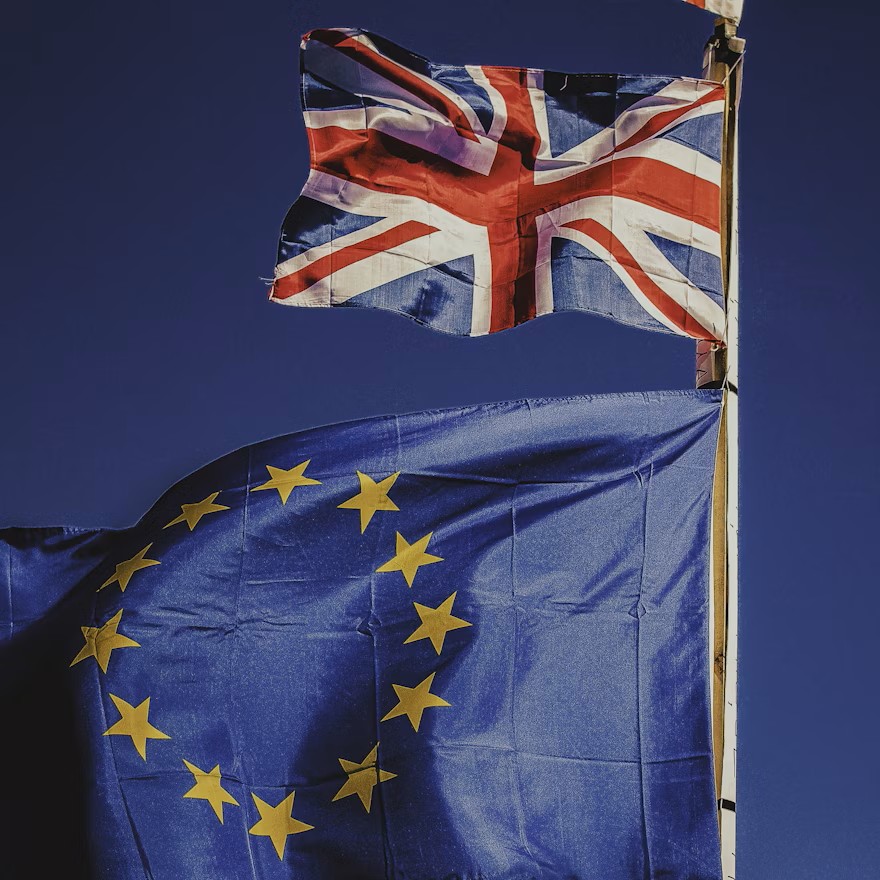Over the past decade, there has been a rapid increase in investment themes aimed to satisfy socially responsible investing (SRI), with ESG factors being central to this process. Being socially responsible has become a key goal for many companies, rather than being adopted purely as an incentive to stand out within the market. Access to instruments that focus on ESG have become widely available due to investors putting pressure on wealth managers and advisers to examine social responsibilities of companies, with refusing to invest in companies that they do not think make the grade. This has encouraged the structured product market creating ESG style products as investors seek to combine their values with risk controls.
Index development
In March 2017, the MSCI World ESG Yield Select Variance Index went live for investors wanting exposure to ESG compliant underlyings. This bespoke Index is constructed from the MSCI World Index which includes large and mid-cap stocks across developed markets. The Index utilises data from the MSCI ESG research department to ensure that there is exposure to companies with high environmental, social and governance (ESG) performance in contrast to counterparts within the overall MSCI World universe which will contain stocks of differing ESG quality. A typical stock within the index will often be high yielding with low volatility in comparison to its peers. This is due to the stability that is to be expected from better governance keeping the company cash rich and less exposed to changes in market sentiment.
In July 2018, Thomson Reuters (whose data arm is now called Refinitiv) launched their Global Resource Protection Select Index. The Index comprises around 30 companies that have favourable Resource Use scores. To achieve a high score, a company will need to show they are reducing their use of materials, energy or water as well as governance, where efficiencies are achieved in improving supply chain management within a company.
Product examples
One feature of structured products is that they allow retail investors to access harder to reach underlyings. In this case therefore structured products are a good way to access ESG themed indices.
We have examined three products from Crelan, who are an active distributor of ESG Structured Products. The examples are Credit Suisse Auto-Callable Global Resource Preservation, Credit Suisse Lookback to Maximum USD 2023 and Goldman Sachs International Coupon Plus MSCI World ESG 2029. These products are all capital protected, which is a common feature for products linked to more innovative and alternative asset classes. The three products have their own unique features. The Auto-callable product has a term of 10 years, can mature early after two years, with rising kick-out levels every two years and is issued in Euros. The second product has a lookback feature on the performance of the underlying, is issued in US Dollars, provides uncapped growth and has monthly observation dates with the payoff being determined by the highest of the monthly readings. These are both linked to the Refinitiv index. The Goldman Sachs product has a 10 year term, and is issued in Euros. It provides 0.7% p.a. income, with returns in line with the index if it finishes above 107% of the strike price. The final index level is calculated by taking the average of 10 annual readings of the MSCI index over the life of the product
Market developments
There is an increase in demand from retail investors who want to commit to being more socially responsible when it comes to investing. This explains why more portfolios show an emphasis on ESG factors, as well as an increase in holdings that reflect sustainable investing. This is seen more in the younger generation entering the market, as they have social responsible investing at the top of their list when constructing their portfolio. As we see a shift in demand from investors, and how they are utilising their portfolios to stay in line with corporate responsibility and environmental and social issues, the increased use of structured products is to be expected. Tags: Investment Structured Edge










